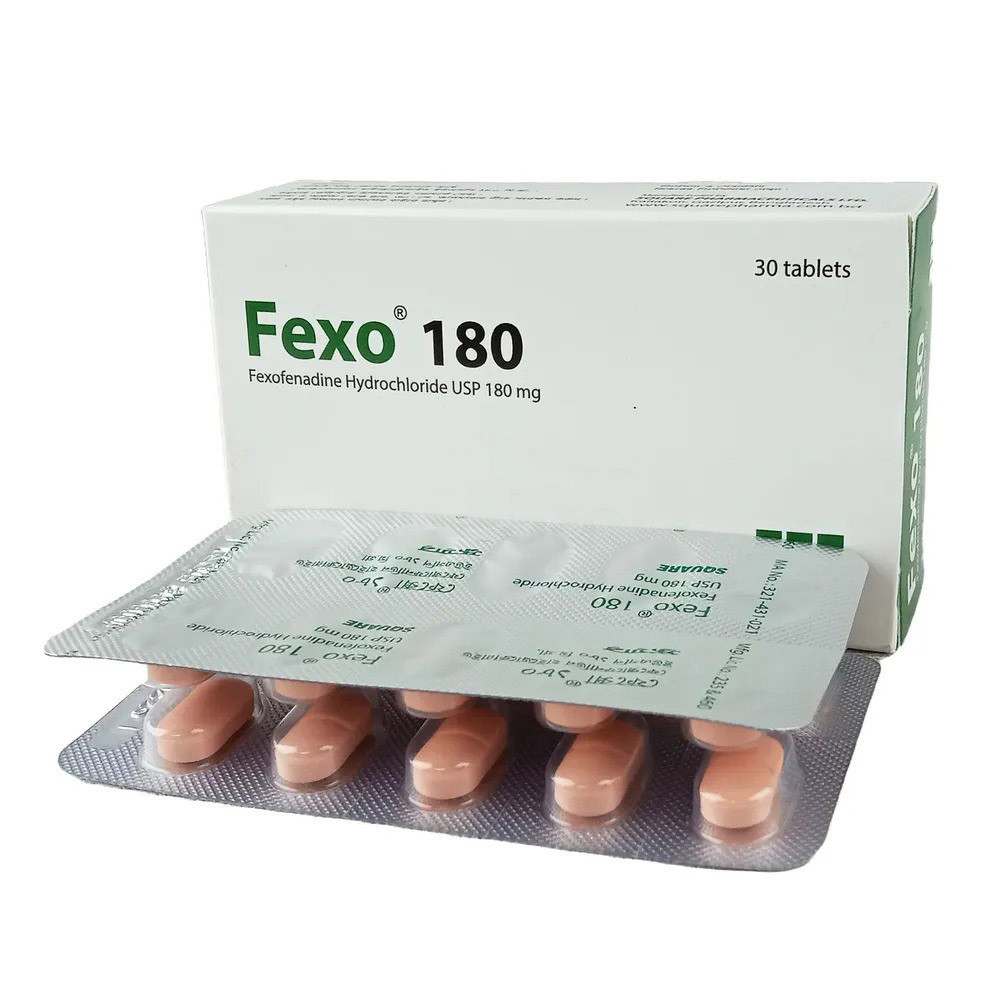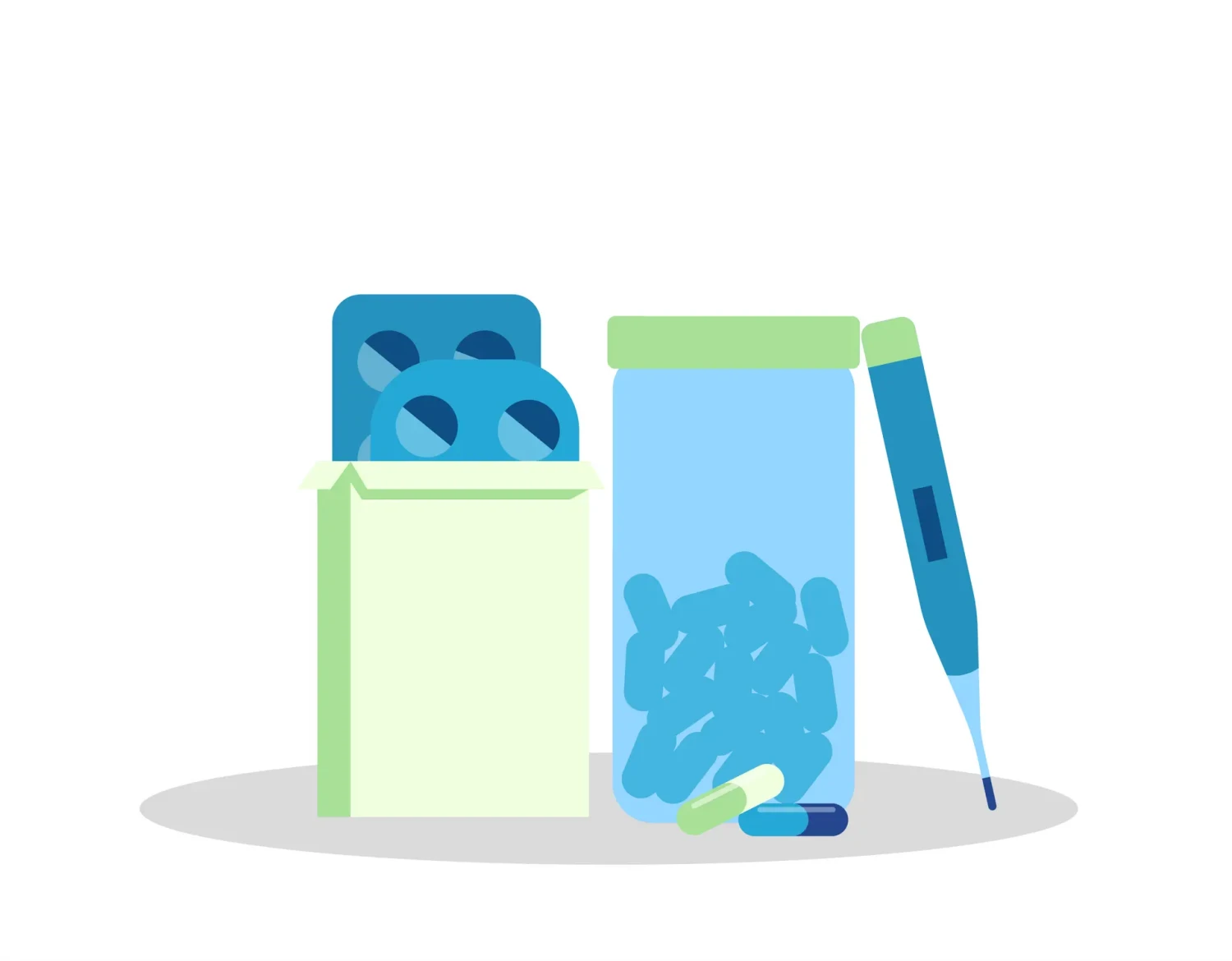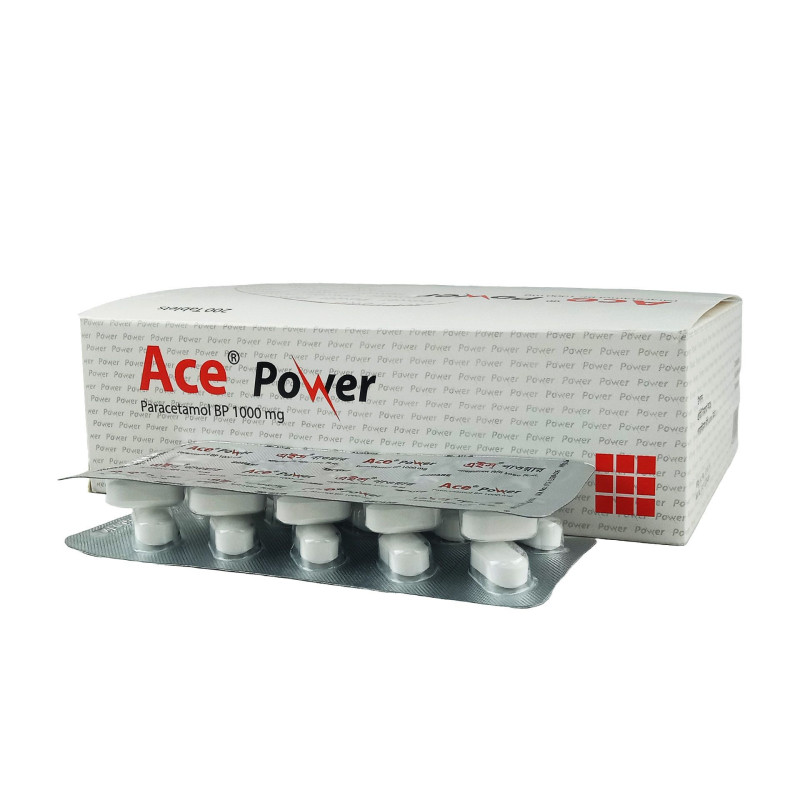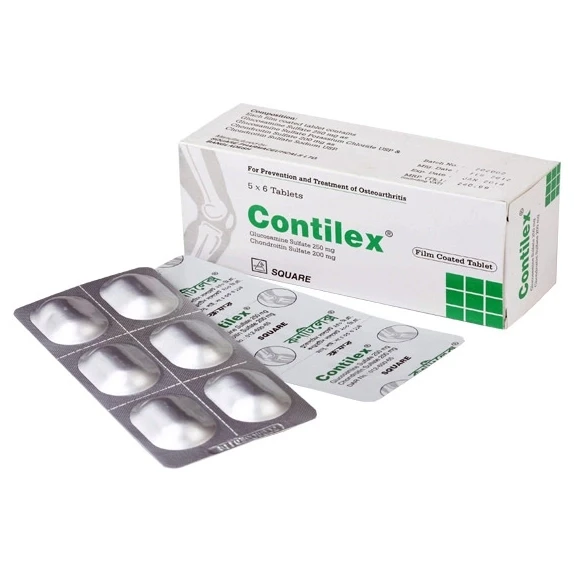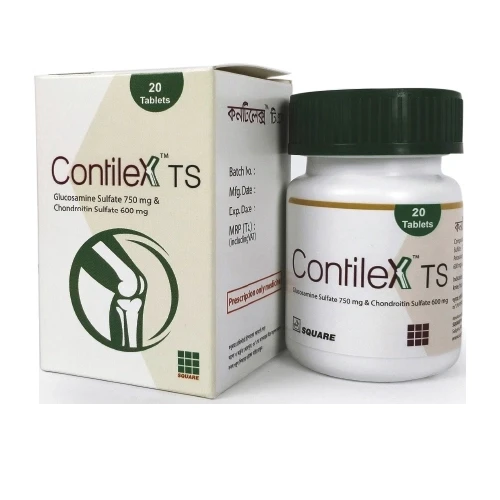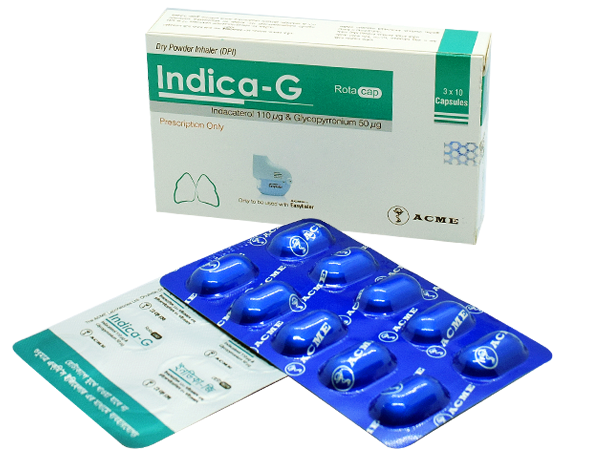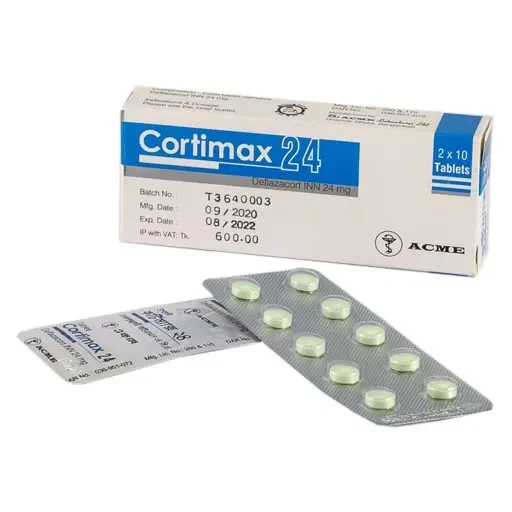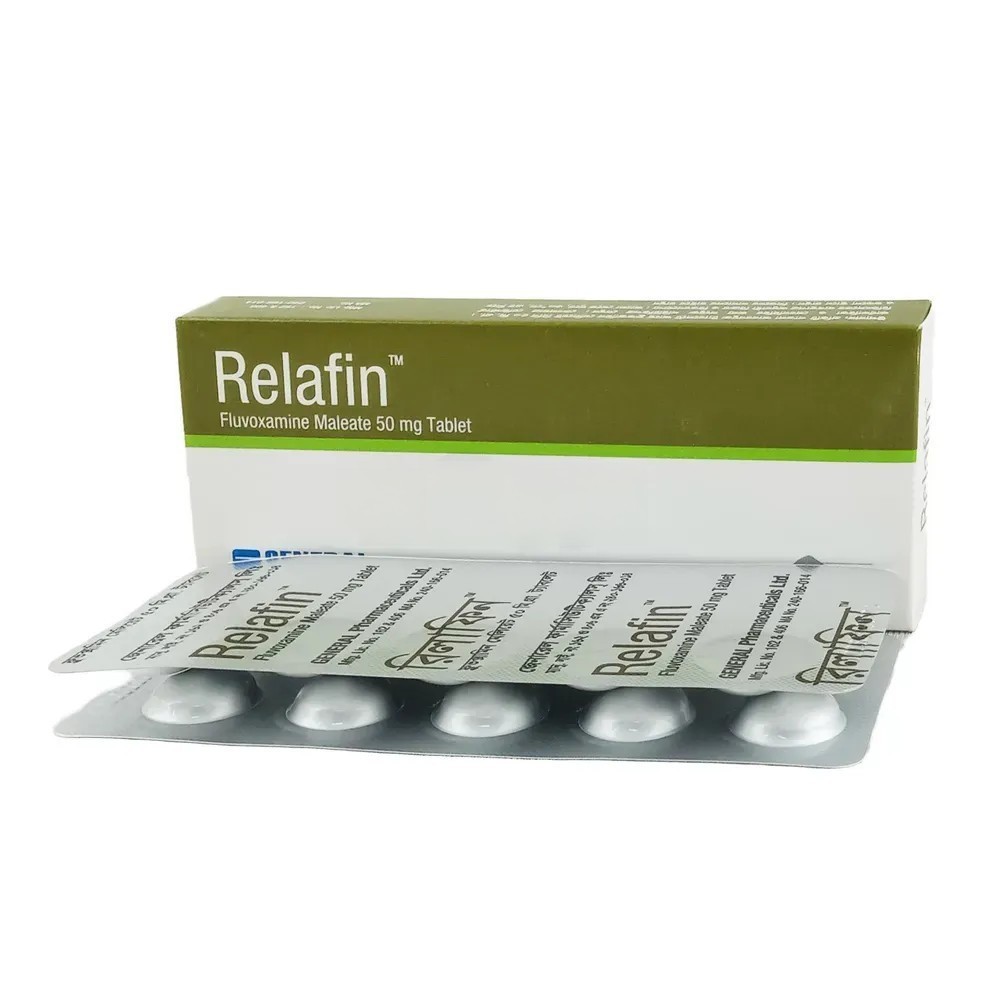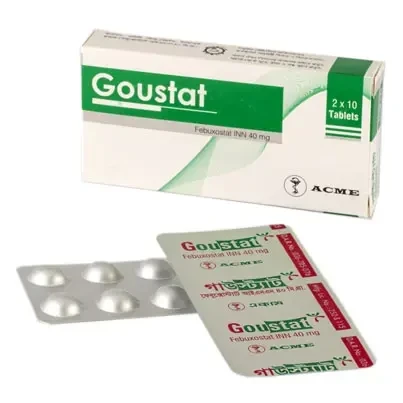

Goustat Tablet, Febuxostat 40 mg
Inhouse product
-
৳11.40
৳12.00 -
৳42.75
৳45.00 -
৳16.63
৳17.50 -
৳2.14
৳2.25
Reviews & Ratings
Indications
Goustat tablets are
indicated for the chronic management of hyperuricemia in patients with gout.
Goustat tablets are not recommended for the treatment of asymptomatic
hyperuricemia.
* রেজিস্টার্ড চিকিৎসকের পরামর্শ মোতাবেক ঔষধ সেবন করুন'
Pharmacology
Febuxostat is a
non-purine, selective xanthine oxidase (XO) inhibitor. It decreases serum uric
acid level by inhibiting xanthine oxidase, which is responsible for uric acid
production. Xanthine oxidase breaks down hypoxanthine to xanthine and thus to
uric acid. Febuxostat is not expected to inhibit other enzymes involved in
purine and pyrimidine synthesis and metabolism at therapeutic concentrations.
Dosage &
Administration
The recommended
starting dose: Febuxostat 40 mg
tablet once daily. For patients who do not achieve a serum uric acid less than
6 mg per dL after 2 weeks with Febuxostat 40 mg tablet, One Febuxostat 80 mg
tablet once daily is recommended. If serum uric acid less than 6 mg per dL
after 2-4 weeks with Xanuric 80 (Febuxostat 80mg) tablet, then one Febuxostat
120 mg tablet once daily is recommended.
Tumor Lysis Syndrome: The recommended dose is one Febuxostat 120
mg tablet once daily. Febuxostat 120 mg tablet should be started two days
before the beginning of cytotoxic therapy and continued for a minimum of 7
days. However treatment may be prolonged up to 9 days according to chemotherapy
duration as per clinical judgment.
Gout Flares: Gout flares may occur after initiation of
Feboxostat tablets due to changing serum uric acid levels resulting in
mobilization of urate from tissue deposits. Flare prophylaxis with a non-steroidal
anti-inflammatory drug (NSAID) or colchicine is recommended upon initiation of
Febuxostat tablets. If a gout flare occurs during treatment, Feboxostat tablets
need not be discontinued. The gout flare should be managed concurrently, as
appropriate for the individual patient.
Renal impairment: No dose adjustment is necessary when
administering Febuxostat in patients with mild to moderate renal impairment.
Hepatic impairment: No dose adjustment is necessary in
patients with mild to moderate hepatic impairment.
Pediatric Use: Safety and effectiveness in pediatric
patients under 18 years of age have not been established
* রেজিস্টার্ড চিকিৎসকের পরামর্শ মোতাবেক ঔষধ সেবন করুন'
Interaction
Mercaptopurine/Azathioprine: On the basis of the mechanism of action of
Goustat on XO inhibition concomitant use is not recommended. Inhibition of XO
by Goustat may cause increased plasma concentrations of these drugs leading to
toxicity.
Rosiglitazone/CYP2C8
substrates: Co-administration of
Goustat with rosiglitazone or other CYP2C8 substrates is not expected to
require any dose adjustment for those compounds.
Naproxen and other
inhibitors of glucuronidation: Goustat metabolism depends on Uridine Glucuronosyl Transferase
(UGT) enzymes. Medicinal products that inhibit glucuronidation, such as NSAIDs
and probenecid, could in theory affect the elimination of Goustat. Goustat can
be co-administered with naproxen with no dose adjustment of Goustat or naproxen
being necessary.
Inducers of
glucuronidation: Potent inducers of
UGT enzymes might possibly lead to increased metabolism and decreased efficacy
of Goustat. Monitoring of serum uric acid is therefore recommended 1-2 weeks
after start of treatment with a potent inducer of glucuronidation. Conversely,
cessation of treatment of an inducer might lead to increased plasma levels of
Goustat.
Colchicine/
Indometacin/ Hydrochlorothiazide/ Warfarin: Goustat can be co-administered with colchicine or indomethacin
with no dose adjustment of Goustat. No dose adjustment is necessary for
hydrochlorothiazide or warfarin when administered with Goustat .
Antacids: Concomitant ingestion of an antacid
containing magnesium hydroxide and aluminium hydroxide has been shown to delay
absorption of Goustat (approximately 1 hour) and to cause a 32% decrease
in Cmax, but no significant change in AUC was observed. Therefore,
Goustat may be taken without regard to antacid use.
Contraindications
Febuxostat is
contraindicated in patients being treated with azathioprine, mercaptopurine, or
theophylline.
Side Effects
The most commonly
reported adverse reactions are gout flares, liver function abnormalities,
diarrhoea, nausea, headache, rash and oedema. These adverse reactions were
mostly mild or moderate in severity. Rare serious hypersensitivity reactions to
Goustat have observed.
Pregnancy &
Lactation
Pregnancy Category C.
There are no adequate and well-controlled studies in pregnant women. Febuxostat
should be used during pregnancy only if the potential benefit justifies the
potential risk to the fetus. It is not known whether this drug is excreted in
human milk. Caution should be exercised when Febuxostat is administered to a
nursing woman.
Precautions &
Warnings
Gout Flare: An increase in gout flares is frequently
observed during initiation of anti-hyperuricemic agents, including Goustat. If
a gout flare occurs during treatment, Goustat need not be discontinued.
Prophylactic therapy (i.e., non-steroidal anti-inflammatory drug (NSAID) or
colchicine upon initiation of treatment) may be beneficial for up to six
months.
Cardiovascular Events: A higher rate of cardiovascular
thromboembolic events was observed in patients treated with Goustat than allopurinol
in clinical trials. Monitor for signs and symptoms of MI and stroke.
Liver Enzyme Elevation: Transaminase elevations have been observed
in Goustat -treated patients. Monitor liver function tests periodically.
Overdose Effects
Febustat was studied
in healthy subjects in doses up to 300 mg daily for seven days without evidence
of dose-limiting toxicities.
Therapeutic Class
Drugs used in Gout
Storage Conditions
Keep below 30°C
temperature, away from light & moisture. Keep out of the reach of children.
Frequently Bought Products
Indica-G Dry Powder Inhalation Capsule (DPI)
Benzenod Capsule, Rivastigmine Tartrate 1.5 mg
Cortimax Tablet, Deflazacort 24 mg
Relafin Tablet, Fluvoxamine Maleate 50 mg
Product Queries (0)
Login Or Registerto submit your questions to seller
Other Questions
No none asked to seller yet
-
৳11.40
৳12.00 -
৳42.75
৳45.00 -
৳16.63
৳17.50 -
৳2.14
৳2.25
